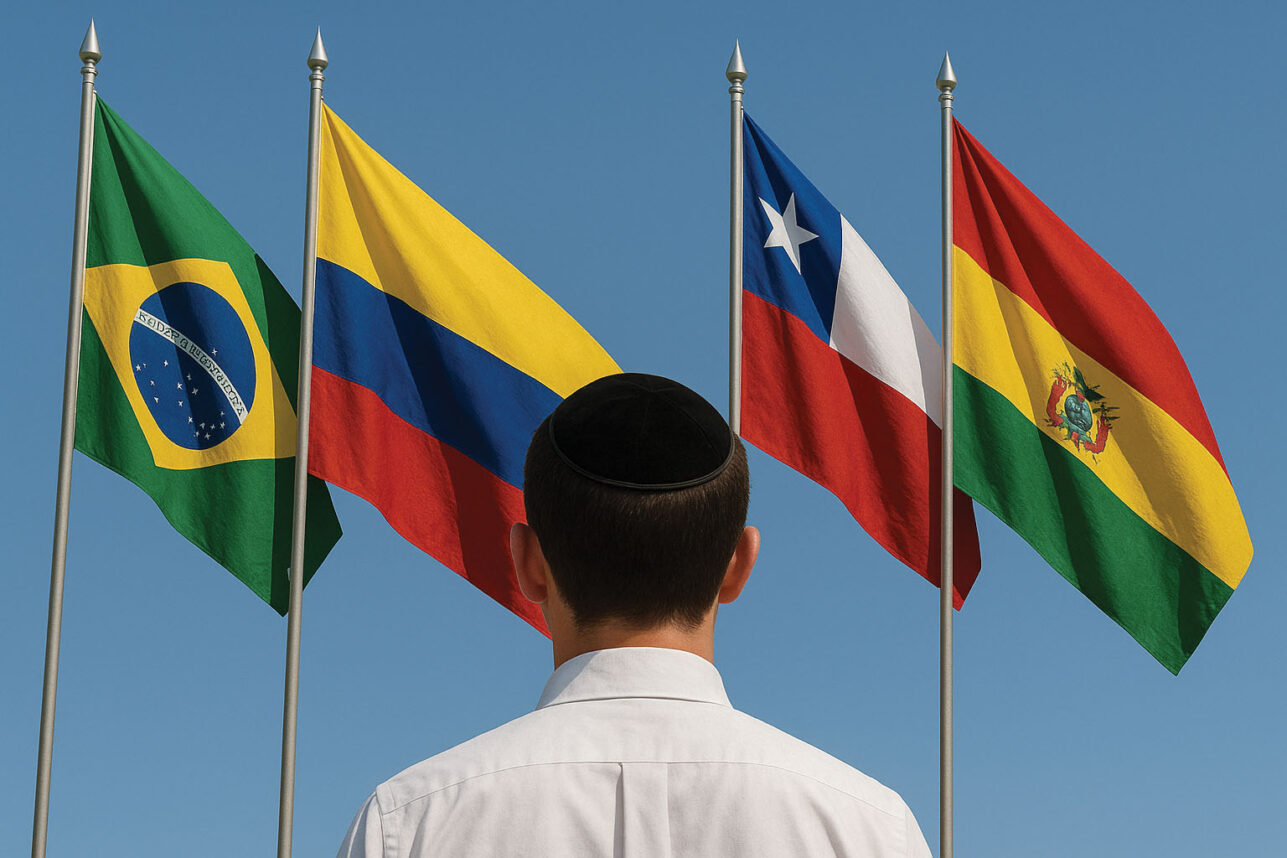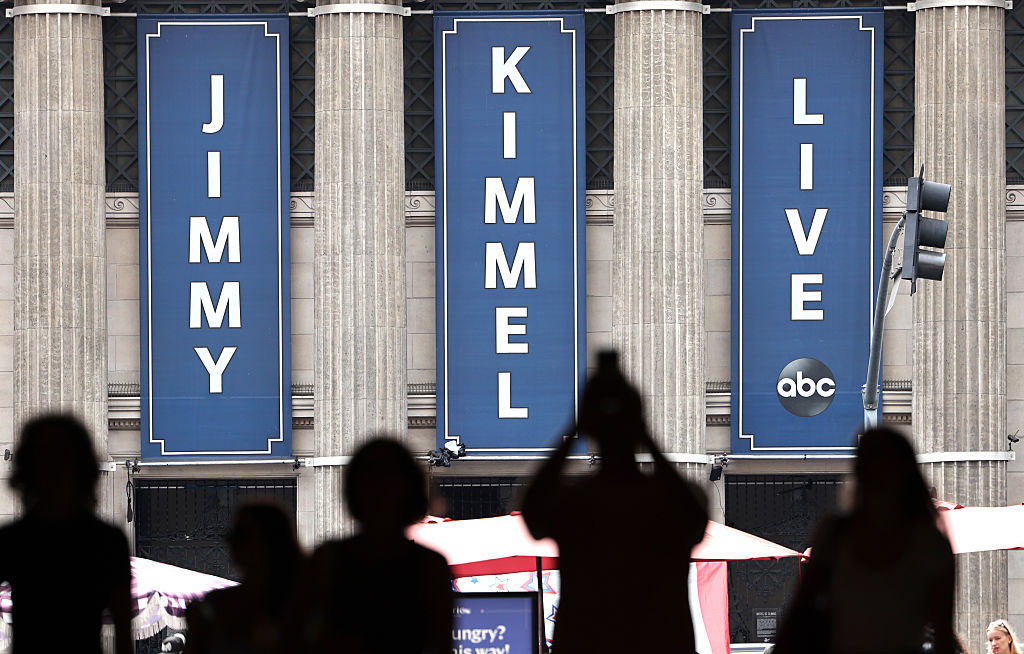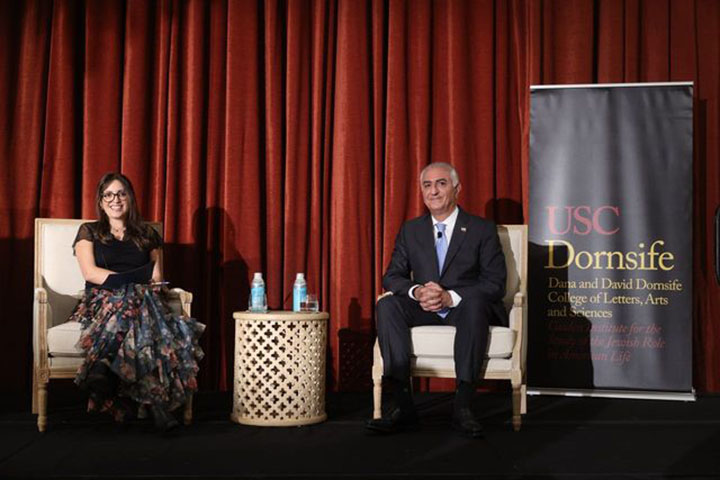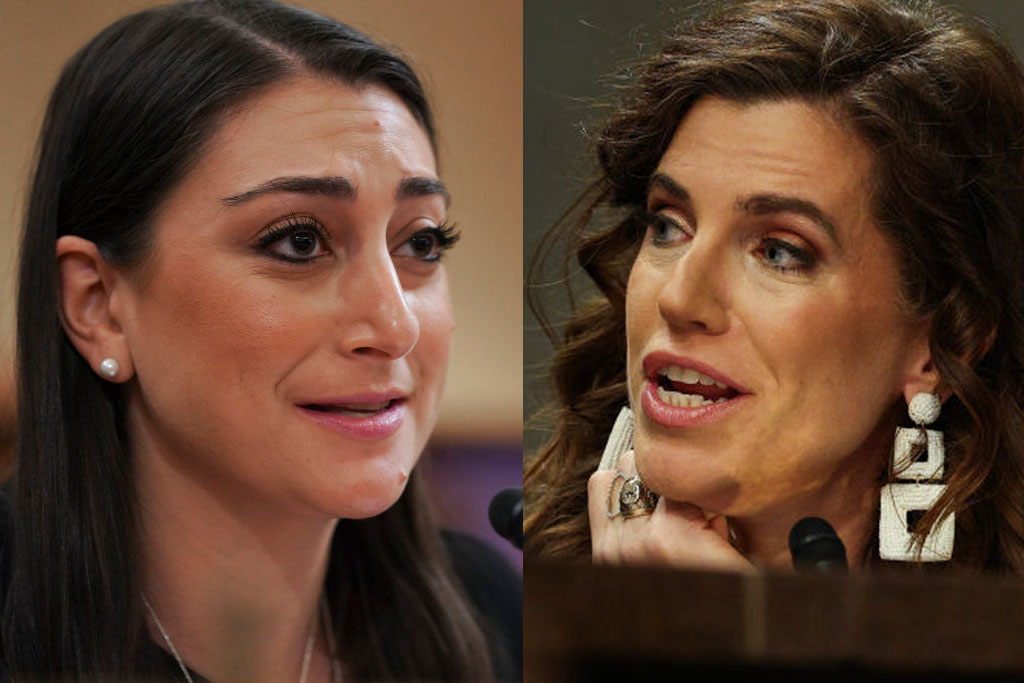“We are here to say we are sorry. We no longer want to reject you or look at you as not being God’s people. You were God’s people long before we were.” – Amish Bishop Ben Girod, during a visit to the Western Wall in Jerusalem
———-
I now have one more reason to love Lancaster County, Pennsylvania. Last month dozens of Amish Christians from the U.S. and Switzerland made a pilgrimage to Israel for one purpose: to apologize to the Jewish people. Arutz Sheva reported that Bishop Ben Girod submitted an official apology to the Western Wall Rabbi for his religion’s past anti-Semitism. This gesture was apparently so important to the Amish travelers that they temporarily set aside their faith’s restrictions on use of modern technology in order to fly to Israel and drive around the country.
I’m not an expert on Amish theology, but it appears that they believe in supersessionism (so-called “replacement theology”), which holds that the Christian churches have replaced Israel in God’s plan, that Jews are no longer God’s chosen people, and that the Abrahamic Covenant has been fulfilled in Christianity. It looks like at least some Amish leaders are prepared to reject supersessionism and speak out strongly in support of Jews and Israel. Israel now has 250,000 more friends around the world. Good for them.
This is as good a time as any to explain what Mormons believe about replacement theology, a topic that I am frequently asked to discuss. In order to illustrate why the whole debate makes no sense to Mormons, let’s look at what I did yesterday. We are a temple-centered church, and I performed what are called initiatory and endowment ordinances in the LDS Los Angeles Temple. More specifically, I entered a building with the phrases “Holiness to the Lord” (inscribed on the high priest’s mitre in ancient Israel) and “House of the Lord” (“Beth El” appears many times in the Hebrew Bible) engraved on its facade. During the initiatory and endowment ceremonies, I was repeatedly promised specific blessings containing the words “House of Israel.” The pinnacle of our temple worship is the sealing of couples and families together in the Abrahamic Covenant. Children born to these couples are said to be “born in the [Abrahamic] covenant,” and people who are baptized into the LDS Church are also considered to have entered the covenant as a member of the House of Israel.
It should be easy to see why a church whose members believe that they are members of the House of Israel and whose temple worship is centered on the Abrahamic Covenant cannot possibly believe that promises given to Israelites are no longer in force. I like to say that instead of replacement theology, Mormons believe in inclusion theology, at least as far as Jews are concerned: we accept Jews as our brothers and sisters in Israel. [Of course, this belief is usually not reciprocated, but Mormons are – or should be—unfazed by this]. Even if we set aside the Abrahamic Covenant for a moment, it is an article of our faith that other Christian churches do not have divine authorization to “replace” anything, let alone the Jewish people. If you ask a Mormon to join a debate on supersessionism, don’t be surprised if he declines. Claims that Israelites (including Jews) no longer have a covenant with God or that they have been replaced by modern Christian churches are non-starters for us.
Compared to Judaism, LDS theology posits an expanded definition of the Abrahamic Covenant. For Jews, the only affirmative obligation listed in the Torah in order to receive the blessings promised to Abraham is to circumcise their newborn boys (though Moses certainly lengthened the list). For Latter-day Saints, the covenant involves the higher priesthood and related covenants (including eternal marriage) that Abraham entered into and that we believe were also given to Moses on the first tablets, which he destroyed following the golden calf incident. While Mormons and Jews may differ on the scope of the Abrahamic Covenant, we definitely agree that it is as valid today as it was on the day that God called Abraham to serve Him. It is very heartening to see that more and more Christians around the world are reaching the same conclusion.
Chag sameach.
——-
I will be speaking at the Jewish Community Center in Salt Lake City on January 12, 2011. I will also be speaking with Rabbi Alan Cohen in Kansas City on January 16.































